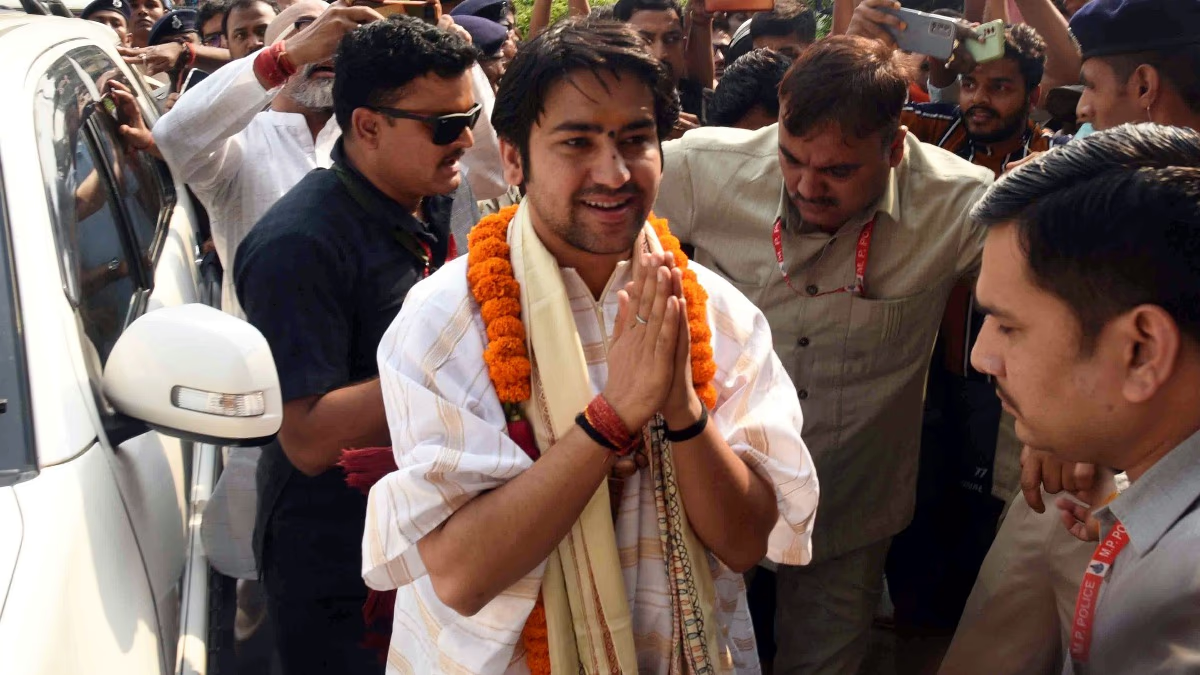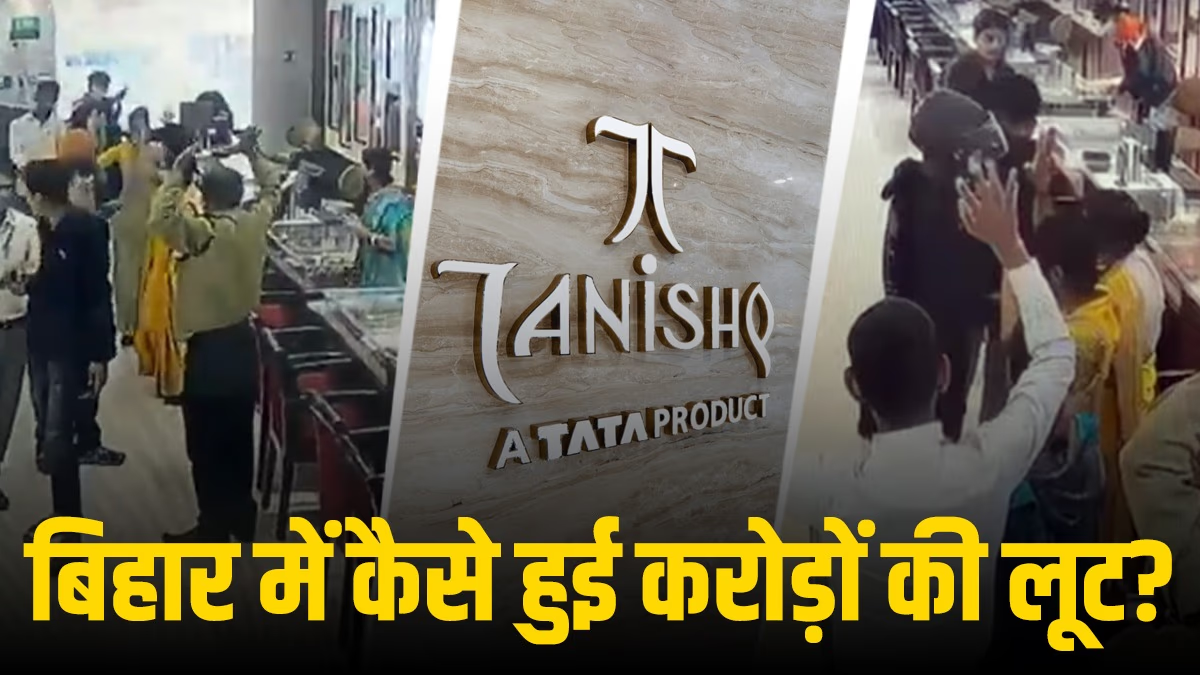Bageshwar Dham Peethadhishwar Pandit Dhirendra Krishna Shastri is currently on a five-day tour of Bihar. Bageshwar Sarkar's passionate speeches about Hindu nationalism have stirred political dynamics not just in Bihar but across North India. With Bihar state assembly elections slated for October or November this year, political opponents suspect that Baba is acting under BJP's influence. In every gathering, he urges Hindus to demolish the barriers of caste discrimination and even makes them pledge allegiance to a Hindu nation. It's evident that his statements aren't sitting well with the opposition. However, is there any credible basis for believing that the demand for a Hindu nation will originate from Bihar? Let's explore.
Is Baba Aligning with BJP's Agenda?
This is an election year in Bihar, so politically charged dialogues are at the forefront. Baba's visit has intensified these tensions. Despite his assertions of being apolitical and focused solely on Hinduism, there's a perceived advantage for BJP stemming from his appeals. His call for dismantling walls of caste at temples, urging inscriptions to welcome all castes, comes across as indirect political messaging. BJP faces a persistent challenge in Bihar: overcoming the deep-rooted caste identities, which often supersede religious unity. Baba's rhetoric seems to be alerting communities that lack of Hindu unity will hinder BJP's prospects. He vocally claims that India fundamentally belongs to Hindus, leading critics to speculate that Dhirendra Shastri seeks to energize BJP's base in Bihar.
Bihar's Demographic Reality
Bihar's demographics pose significant challenges for BJP, historically preventing it from becoming the largest party in the state. While Hindi-speaking regions generally tilt towards BJP, Bihar remains an exception. Here, BJP hasn't fully capitalized politically, nor conducted any overt experiment in the name of a Hindu nation. The Muslim demographic isn't overwhelmingly large to create an anti-BJP sentiment nor small enough to render polarization ineffective. The balance is such that this factor is neither like Haryana's minimal percentage nor like Bengal's substantial proportion.
Further, in terms of vote dynamics, the OBC and EBC votes predominantly sway under the opposition, particularly RJD's, influence. Historically, parties have leveraged caste dynamics effectively here. BJP must unify Hindus to rise as the largest party, doing something novel and unprecedented concerning the Hindu nation discourse. Bihar's demographic complexities suggest that the proposed 'Hindu Nation' rhetoric could resonate here, serving as a test before potentially adopting this stance in other states or nationwide.
Temple of Goddess Sita in Bihar
At the Mithila Mahotsav in Gujarat, Home Minister Amit Shah announced plans to construct a temple for Goddess Sita in Mithila soon. This aligns with BJP's strategic moves to leverage any Hindutva-related cause in Bihar. However, prior to this, Nitish Kumar and Tejashwi Yadav's government had already announced and even laid the foundation stone for the temple in December 2023. Curiously, Tejashwi Yadav hasn't claimed political credit yet for this move, aware perhaps of its potential for political harm. Hence, he might refrain from associating himself with this achievement.
Polarization Attempts During Holi
This year, the synchronization of Holi with Ramadan poses law and order challenges in Bihar. Amidst this, BJP MLA Haribhushan Thakur Bachaul stirred controversy by advising Muslims to stay indoors on Holi. This expectedly sparked a political uproar. Prashant Kishor of Jan Suraj Party strongly rebuked the statement, comparing Bihar’s governance to a chaotic 'jungle raj.' Bachaul further insisted that Muslims should be prepared to tolerate being colored during Holi, as it's an infrequent festival compared to the weekly Jummah. Comments like these could potentially escalate tensions, possibly tilting public opinion in BJP's favor.
In neighboring Uttar Pradesh's Ballia, another BJP MLA proposed segregated wards for Muslims in hospitals, claiming Muslim discomfort with Hindu festivals necessitates separate accommodations. This cascade of statements denotes a sudden escalation in such rhetoric.




